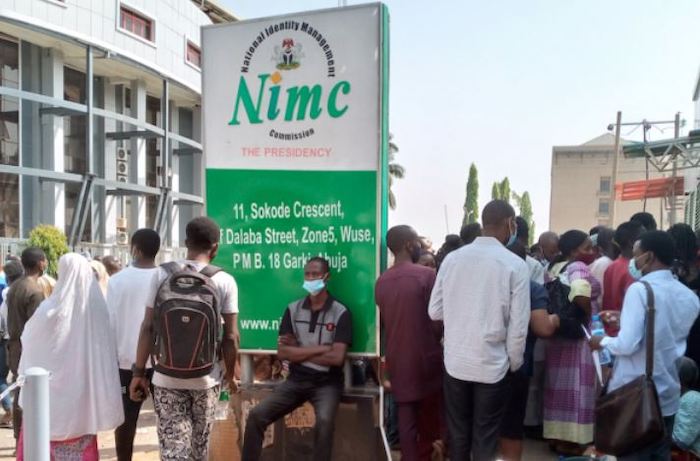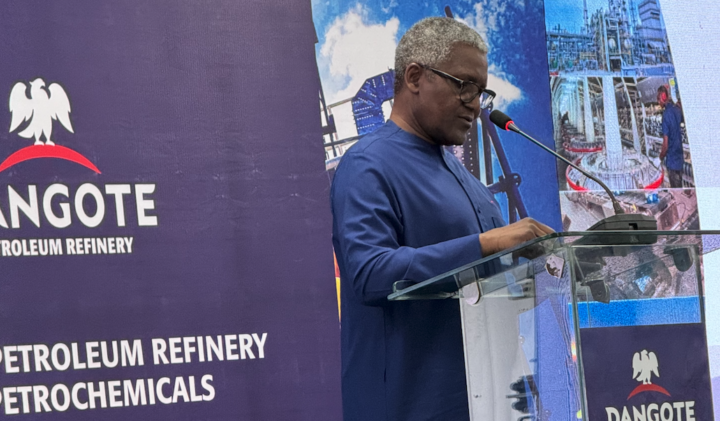The Federal Government has said the National Identity Numbers(NINs) Enrolment has hit over 90million.
Prof. Isa Ali Ibrahim Pantami, Minister of Communications and Digital Economy, who stated this on Tuesday at the Digital Nigeria Conference in Abuja,explained that the enrolment has remarkably increased from less than 40 million in 2020 to over 90 million, following the approval of President Muhammadu Buhari for the National Identity Management Commission(NIMC) to be under the supervision of the Federal Ministry of Communications and Digital Economy.
He disclosed that before 2020, the NIMC database captured less than 40million Nigerians since its establishment in 2007, adding that within two years, over 50 million has been added to the database.
He said: “The Digital Identity enrolments have also been very successful, with issued National Identification Numbers (NINs) rising from less than 40 million to over 90 million.”
Speaking on the efforts of the Federal Government to enhance digital literacy and skills among the citizenry, the minister said over 863,372 citizens have benefited from digital skills programmes of the government.
According to him, the Federal Government and Microsoft have signed a Memorandum of Understanding(MoU) for the training of 5million Nigerian youths based on job opportunities in the global market.
He added:”The digital literacy and skills pillar recognizes the fact that citizens are the greatest assets in any economy, including the digital economy. It supports the development of a large pool of digitally literate and digitally skilled citizens.
“We are also championing a paradigm shift that lays emphasis on skills, in preference to merely having degrees without skills.Over 863,372 citizens benefited from digital skills programmes and we have agreements with leading global companies like Microsoft and Huawei, to train millions of Nigerians.
On the digital society and emerging technologies, Pantami, said it would ensure that “the gains of the digital economy are mapped to indices of well-being in the lives of ordinary citizens.
He said: “The massive contribution of the ICT Sector to Nigeria’s economy was mentioned earlier and it is a good example of how the digital economy has supported the traditional economy. We have also been very active in the emerging technology space and even established the National Centre for Artificial Intelligence and Robotics (NCAIR), the first of such centres in Africa”.
He emphasized the need to promote the development of indigenous content in every sector of the Nigerian economy, adding that a policy has been developed for promoting indigenous content in the telecom sector to complement similar efforts that focus on the information technology sector.
“There is an urgent need to promote the development of indigenous content in every sector of the economy and the indigenous content development and adoption pillar is addressing this for the digital economy. This pillar aligns with Executive Orders 003 of May 2017 and 005 of February 2018, on “Support for Local Content Procurements by Ministries, Department and Agencies of the Federal Government of Nigeria” and the “planning and execution of projects, promotion of Nigerian content in contracts and science, engineering and technology” respectively.
“It also gives a policy backing to Mr President’s admonition to Nigerians to “grow what we eat and consume what we produce.This is important to stem the tide of capital flight, amongst other things,” he said.













